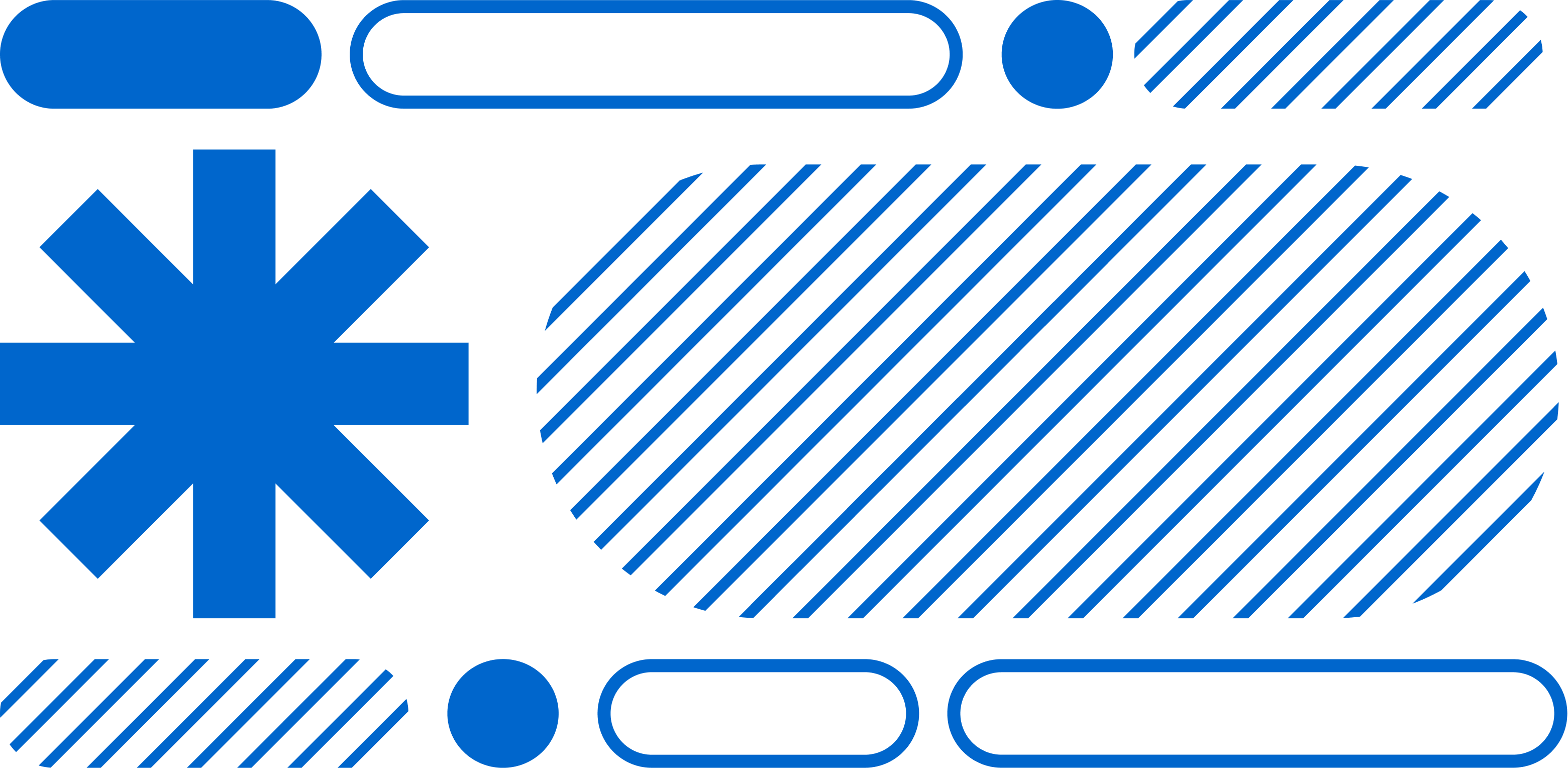Skip to Main Content
2026 Global Conference & Expo
July 27-30 | Dallas
Save the date for the corporate disability inclusion event of the year. Sign up for our newsletter to be notified when registration opens.


Impact Report
The Impact of Disability Inclusion
From expert-led keynotes to high-impact networking, discover how the Disability:IN Global Conference & Expo equips companies accelerate disability inclusion and accessibility.
990
Companies
90+
Exhibitors
40+
Countries Represented
What Business Leaders Are Saying
“The Disability:IN conference did not disappoint once again! I leave full of ideas and best practices I cannot wait to take back to my business partners.” – Conference Attendee

Deadline Approaching!
Inclusion Awards are Now Open
Disability:IN Inclusion Award winners are visionary brands and individuals from within Disability:IN’s partner network that are notably advancing disability inclusion.

Lead. Innovate. Connect.
Explore the issues shaping business today. Sessions help leaders anticipate change, spark innovation, and drive measurable outcomes.
Accessibility
Tools, strategies, and best practices for digital experiences that benefit all users.
ERG/BRG
Proven strategies for starting, activating, and/or engaging employee groups at your company.
Legal
Insights that equip counsel, compliance, and business leaders with guidance on regulatory trends, frameworks, and cross-functional controls.
Marketing
Strategies for building authentic, accessible, and data-driven campaigns that resonate with audiences.
Human Capital Management
Strategies for attracting, developing and retaining qualified talent, including those with disabilities.
Supplier Development
Strengthening supply chains and helping entrepreneurs with disabilities develop and thrive.
Accommodations and Workplace
Creating policies, cultures, and systems where disability inclusion drives performance.
Showcase Your Brand
Get in front of your clients and customers in the Expo Hall- the premier showroom for accessibility innovation.
Join IN
The Best Seat in the House
Gain access to curated matchmaking, executive sessions, and invite-only events with a Disability:IN partnership.
.avif)
